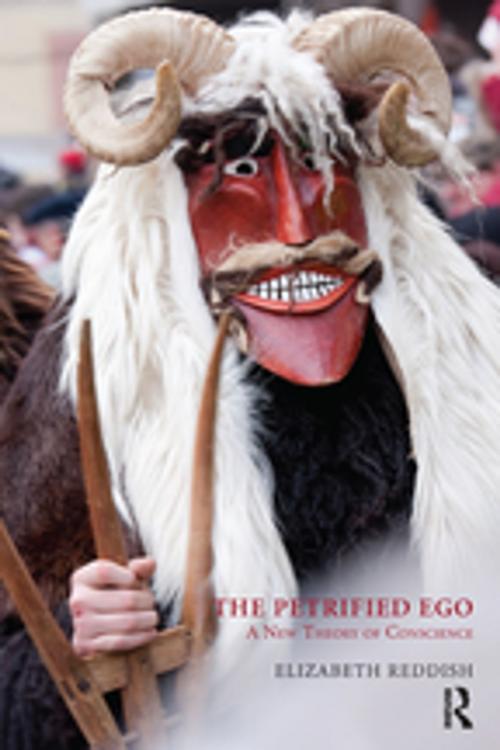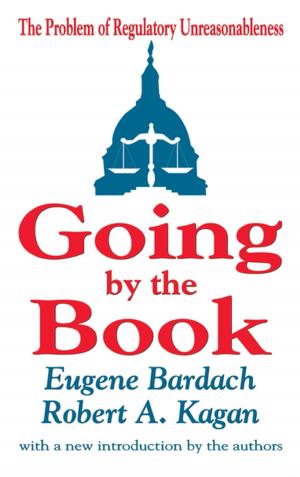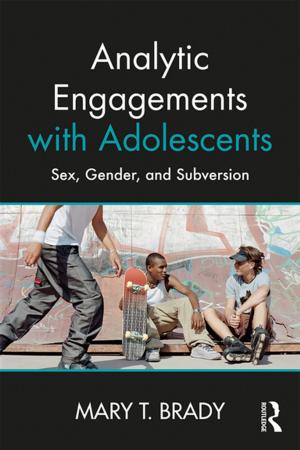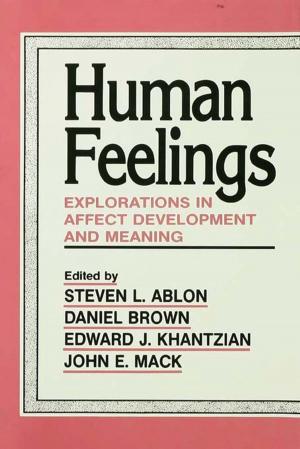The Petrified Ego
A New Theory of Conscience
Nonfiction, Health & Well Being, Psychology, Mental Health| Author: | Elizabeth Reddish | ISBN: | 9780429921735 |
| Publisher: | Taylor and Francis | Publication: | May 15, 2018 |
| Imprint: | Routledge | Language: | English |
| Author: | Elizabeth Reddish |
| ISBN: | 9780429921735 |
| Publisher: | Taylor and Francis |
| Publication: | May 15, 2018 |
| Imprint: | Routledge |
| Language: | English |
Due to the inherent contradiction in Freud's concept of the Superego, there is a gap in our psychoanalytic understanding of how conscience evolves. This distinction is essential for the successful treatment of patients dominated by a harsh Superego and provides valuable insight into how contemporary society evaluates moral decisions. The Petrified Ego argues for a revision of psychoanalytic theory to include instinct as the primary form of morality. It makes the case that our earliest, infantile notion of 'good' and 'bad' is rather founded on experiences which have been 'safe or 'threatening'. More often than not, this is the basis of our moral judgement of others. It is only through direct challenge to these visceral values that beliefs independent of the survival instinct can be forged. Why does this matter? Lack of distinction between the two means that consideration of the 'right or wrong' or the 'good or bad' of others' behaviour is no more than the rationalising of an instinctual response.
Due to the inherent contradiction in Freud's concept of the Superego, there is a gap in our psychoanalytic understanding of how conscience evolves. This distinction is essential for the successful treatment of patients dominated by a harsh Superego and provides valuable insight into how contemporary society evaluates moral decisions. The Petrified Ego argues for a revision of psychoanalytic theory to include instinct as the primary form of morality. It makes the case that our earliest, infantile notion of 'good' and 'bad' is rather founded on experiences which have been 'safe or 'threatening'. More often than not, this is the basis of our moral judgement of others. It is only through direct challenge to these visceral values that beliefs independent of the survival instinct can be forged. Why does this matter? Lack of distinction between the two means that consideration of the 'right or wrong' or the 'good or bad' of others' behaviour is no more than the rationalising of an instinctual response.















